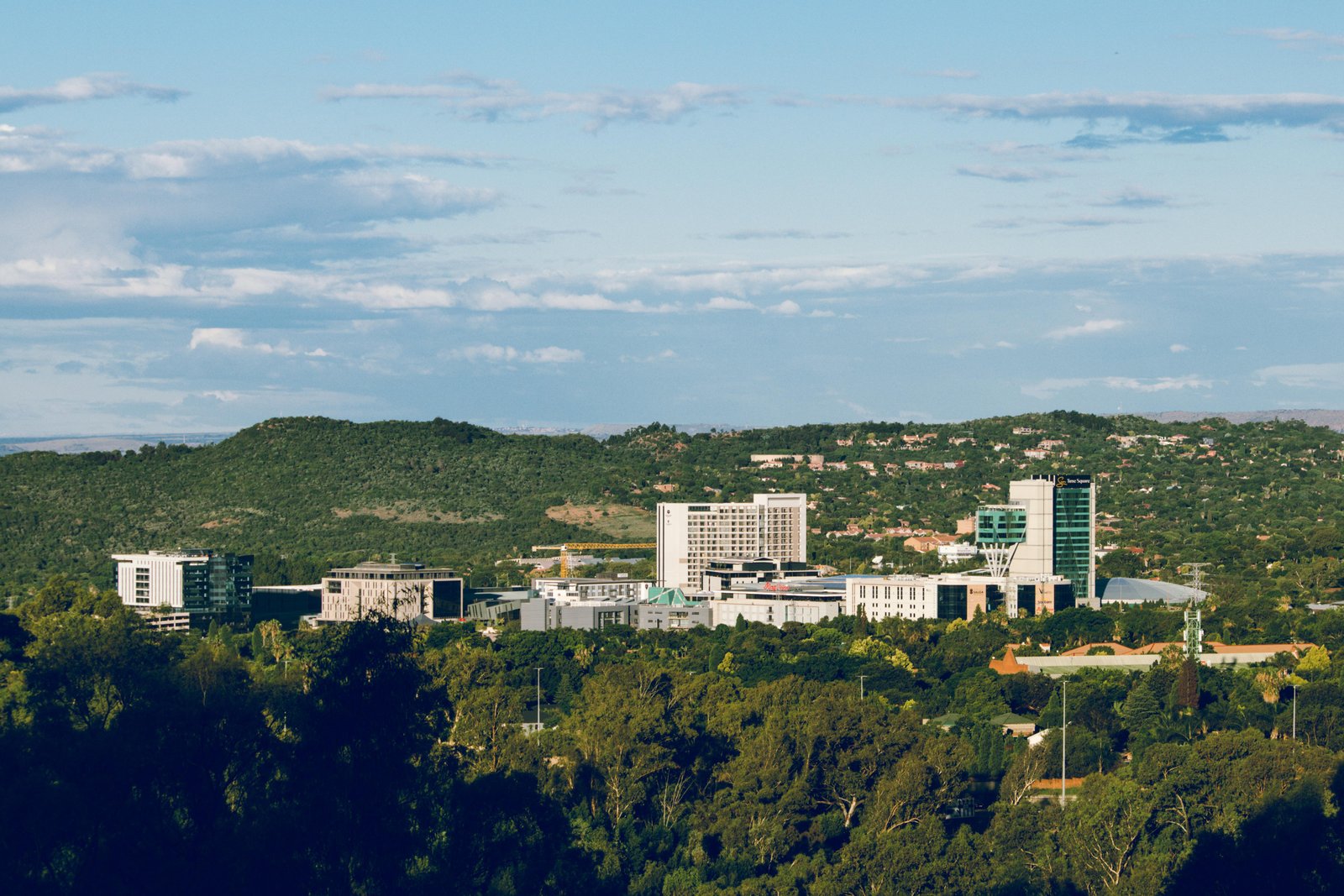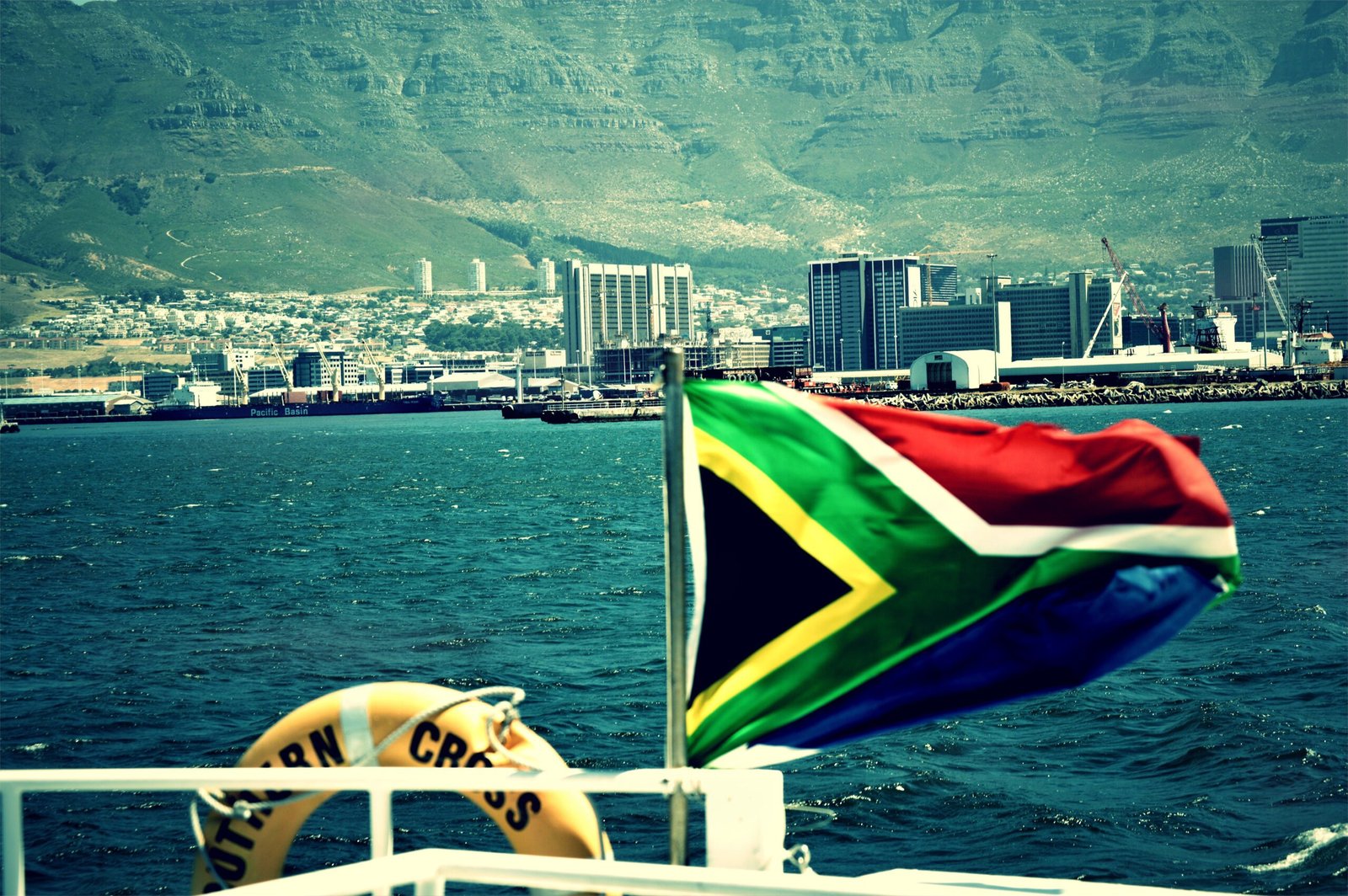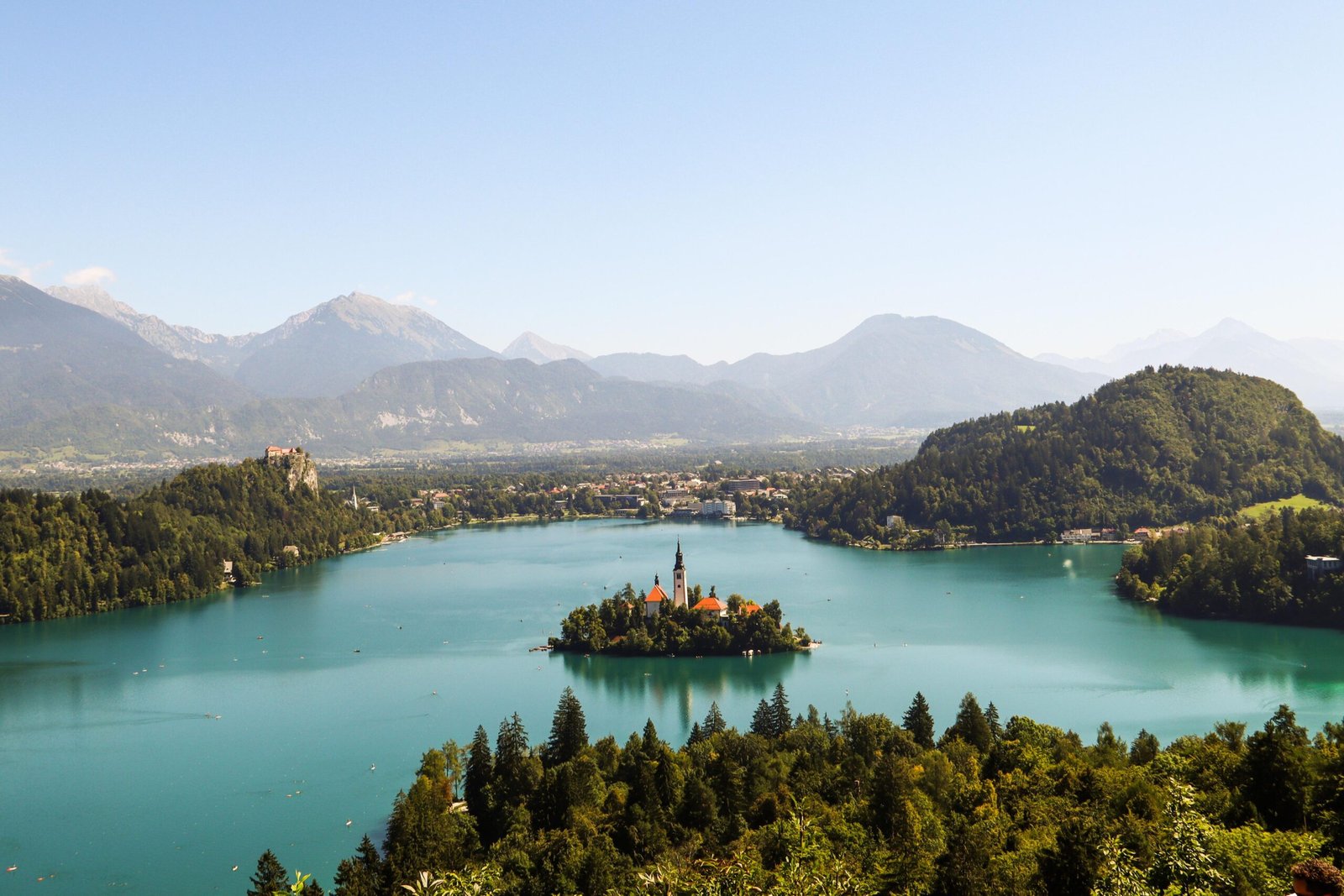A city that legally moves its entire government every year? Discover the fascinating true story of the city that packs up and relocates by law.
The City That Moves Every Year By Law!
Cities are known for their skylines, history, and….permanence.
But what if your entire city government was required to move every single year?
No, this isn’t a quirky tradition or fictional tale. It is real and it is happening in South Africa.
Welcome to Bloemfontein, Pretoria, and Cape Town the three capital cities of one nation, where government literally moves by law every year.
Let us unravel one of the strangest and most fascinating political arrangements in the world.
South Africa’s Three Capitals: A Legal Balancing Act
Unlike most countries that have one capital, South Africa has three and each serves a different function:
Pretoria – Administrative Capital (where the President and executive branch reside)
Bloemfontein – Judicial Capital (home of the Supreme Court of Appeal)
Cape Town – Legislative Capital (where Parliament meets)
And every year, by law, South Africa’s national government physically shifts its core operations between these cities.
Why Does the Government Move?
This unusual arrangement dates back to the end of the Second Anglo-Boer War (1899–1902).
To create national unity between former rivals (the British and the Boers), a compromise was struck:
Each major region got to host a branch of government.
None of the cities would dominate.
Moving the government between them became part of the constitutional balance.
It is a symbolic and practical compromise to prevent political favoritism and keep unity across diverse provinces.
How the Move Works
Every year, at the start of a new parliamentary session:
Members of Parliament travel from Pretoria to Cape Town.
Key documents, staff, and logistics are transported across 1,400 km.
The State of the Nation Address is delivered in Cape Town.
Once sessions conclude, operations shift again.
This moving process involves months of planning and millions in logistics but it is enshrined in how the country functions.


The Controversy: Is It Worth It?
South Africans have debated whether this tradition should continue:
Critics argue:
It is too expensive, costing millions annually
It causes delays, inefficiencies, and confusion
The country could operate better with a single capital city
Supporters counter:
It maintains regional representation and national unity
It is part of South Africa’s unique identity
Removing it could cause political imbalance
To this day, despite debates and proposals, the “city shuffle” remains lawfully intact.
Are There Other Countries That Move Their Governments?
Not quite like South Africa, but:
The Netherlands has Amsterdam as capital, but the government sits in The Hague.
Bolivia has two capitals: La Paz (administrative) and Sucre (constitutional).
Malaysia shifted most government functions from Kuala Lumpur to Putrajaya but didn’t abandon either city.
Still, only South Africa legally moves its core government operations across cities each year.
Did You Know?
Cape Town is the oldest city in South Africa, known as the “Mother City”
Pretoria is home to the Union Buildings, the official seat of the presidency
South Africa’s Parliament must open in Cape Town, even if it later convenes elsewhere
The Takeaway
In a world where governments grow more centralized, South Africa stands out with a system that literally spreads the power and moves it every year.
It is not just symbolic. It is legal. It is national. And it is uniquely South African.
So the next time your city has traffic delays or your mayor’s late for a meeting, just be glad your entire government isn’t relocating 800 miles by law.












